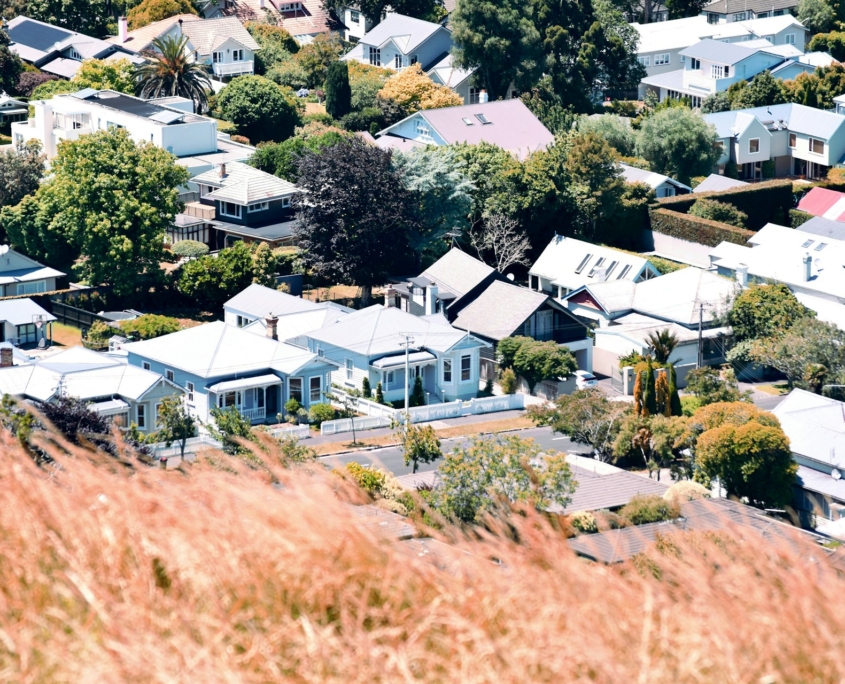Papatoetoe Food Hub Fights Food Insecurity in South Auckland
 South Auckland, a highly diverse region of New Zealand, is home to numerous Māori communities like mana whenua and Pacific, Asian and European ethnic groups. Each of these groups holds significant food traditions that currently face the risk of increasing food insecurity. Data from the area reveal that one in seven children come from families facing moderate to severe food insecurity, with 30% of Māori children affected. The COVID-19 pandemic exacerbated food insecurity in South Auckland, with a local food bank reporting that most of its food parcel recipients were individuals who lost their jobs due to the pandemic.
South Auckland, a highly diverse region of New Zealand, is home to numerous Māori communities like mana whenua and Pacific, Asian and European ethnic groups. Each of these groups holds significant food traditions that currently face the risk of increasing food insecurity. Data from the area reveal that one in seven children come from families facing moderate to severe food insecurity, with 30% of Māori children affected. The COVID-19 pandemic exacerbated food insecurity in South Auckland, with a local food bank reporting that most of its food parcel recipients were individuals who lost their jobs due to the pandemic.
Traditional Food Practices
Land ownership, or the lack thereof, has severely affected indigenous communities’ ability to access and cultivate food. This is especially true for Māori communities, where colonization and urbanization have hindered their ability to gather and prepare traditional kai (food). In addition, the respectful use of whenua (land) is central to food cultivation in these communities. However, maintaining these values is becoming more challenging in the context of contemporary food systems. Consequently, the struggle of indigenous communities to engage in environmentally friendly farming practices is a major factor in escalating food insecurity.
The Papatoetoe Food Hub
The Papatoetoe Food Hub set up shop in South Auckland to provide sustainable and affordable meals to the community while embracing traditional values of community and environmental stewardship. A key focus, as reported by the Food Hub, is promoting knowledge exchange on growing, harvesting and maintaining crops. To this end, it conducts on-site lessons about indigenous cooking methods. The hub also prioritizes sustainable food practices aligned with Māori values, rescuing and repurposing 18.6 tons of food between September 2019 and May 2021.
A Community-Led Success Story
The Papatoetoe Food Hub adopts a community-led strategy, working in close collaboration with local schools, universities and government agencies to benefit its local community. Knowledge Auckland conducted interviews with 30 individuals about the hub, seeking to understand its impact. The study revealed the value generated by every dollar spent at the hub:
- $0.55 goes to the team, comprised of people hired from local communities.
- $0.38 goes to the local economy, including the purchase of ingredients from local suppliers.
- $0.07 goes toward government infrastructure.
Julio Bin of the Southern Initiative observed, “The Food Hub is a tangible demonstration of how we can do things differently.” Meanwhile, a local mom emphasized, “They base the menu on what the community wants.” The Papatoetoe Food Hub continues to thrive, attracting an increasing number of patrons and even received endorsement from former Prime Minister Jacinda Ardern. The hub aims to build on this success, with local stakeholder Gael Surgenor noting, “The biggest impact is yet to come.”
Looking Forward
The Papatoetoe Food Hub exemplifies the power of community-driven solutions in combating food insecurity while preserving cultural heritage. Addressing food insecurity in South Auckland, the hub intertwines traditional values with modern sustainable practices. It offers a beacon of hope for diverse communities, showcasing a scalable model for others to follow.
– Kayleigh O’Brien
Kayleigh is based in Leeds, UK and focuses on Good News and Global Health for The Borgen Project.
Photo: Unsplash
